The Nigerian Football Federation, NFF, is looking for a new head coach for the Super Eagles following the exit of Portuguese tactician Jose Peseiro.
Peseiro was in charge of the Nigerian men's national team for 22 months and led the three-time African champions to the final of the 2023 AFCON.
His contract expired at the end of that tournament, and he could not agree with the NFF on an extension, hence his departure.
Director of the NFF's Technical Department, Augustine Eguavoen, has been named the Super Eagles interim manager until a new coach is appointed.
Several names are making the rounds as the potential successor to Peseiro, including former internationals Sunday Oliseh, Samson Siasia, George Finidi, and Emmanuel Amunike.
The following five reasons highlight why Amunike will be most suitable to be the next Super Eagles head coach.
Amunike was an excellent player
Amunike is one of the few Nigerian players who enjoyed success on both the African scene and the European stage.
In three years at Egyptian giants Zamalek, Amunike won two Premier League titles, the 1993 African Cup of Champions Clubs and the CAF Super Cup.
He was the only player in Nigeria's 22-man squad to the 1994 Africa Cup of Nations – which the Super Eagles won – who was not playing in Europe or the domestic league or unattached. The winger was too exciting to be left out.
Amunike moved to Portugal after leaving Egypt and excelled there as well, helping Sporting to lift the Taça de Portugal in 1995.
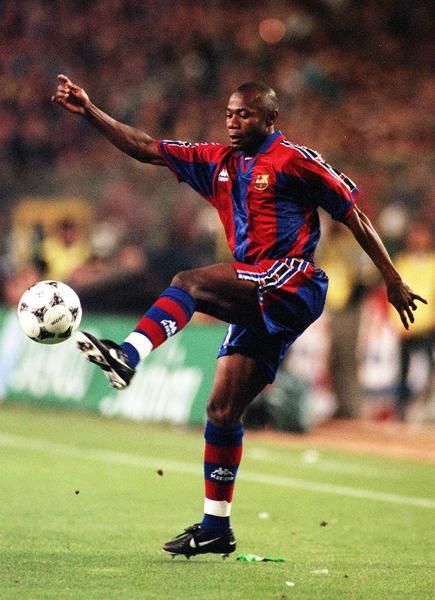
He moved to Barcelona in 1996 and became the first Nigerian to play for the Catalans' senior team. Injury stopped him from playing his best football in Spain, but he still won the Copa del Rey with Barcelona.
Amunike could even be called the destiny child of Nigerian football.
He scored two goals in the final of the 1994 AFCON that handed Nigeria the title, and it was good enough to earn him the Africa Footballer of the Year award.
Amunike also bagged two goals in Nigeria's first appearance at the World Cup in the United States.
His second goal gave Nigeria the lead against Italy and almost secured the Super Eagles' passage to the quarterfinals before Roberto Baggio took over the show.
Again, Amunike was Nigeria's hero at the Olympic Games in Atlanta when he scored the winning goal in the 3-2 victory over Argentina in the final.
The former Barcelona ace was an excellent player who gave his all for his country.
Admittedly, great players do not always make great coaches.
Amunike is, however, an excellent coach
After an injury forced him out of football earlier than he would have liked, Amunike decided straightaway that the next chapter of his career would be written of him as a coach.
After passing his coaching courses, Amunike handled some youth teams in Spain and a few top clubs in Saudi Arabia and Nigeria before he was named the head coach of the Golden Eaglets in 2014.
Amunike put together arguably the best Golden Eaglets squad in Nigeria's history and led them to win the 2015 FIFA U17 World Cup.
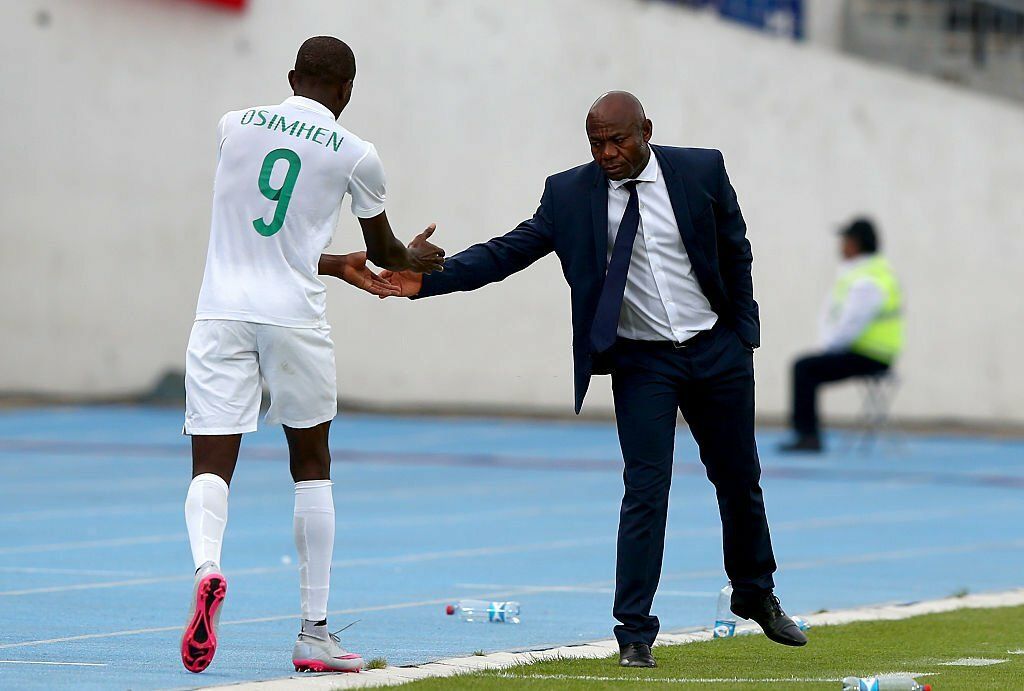
His team scored the most goals at the tournament; Victor Osimhen hit a record ten goals, Kelechi Nwakali was named the best player, while Samuel Chukwueze and Kingskey Michael also impressed. All four have gone on to play for the Super Eagles.
Amunike stepped up to senior coaching when he was named the head coach of the Tanzania national team.
Tanzania had not qualified for the AFCON since 1980. Amunike got the Taifa Stars shining sparkling again and helped them seal qualification to the 2019 AFCON. He ended that adventure after Tanzania failed to pick up a point at the tournament held in Egypt.
Amunike understands Nigeria's football culture
The last two foreign coaches NFF hired – Gernot Rohr and Jose Peseiro – did not enjoy much public support because they set up the Super Eagles to play defensive, reactionary football.
That is not the type of football Nigerians want to associate with their darling national teams, whether the Super Eagles or the Golden Eaglets.
The Nigerian football identity of spirited displays and relentless attacking-based style was forged in the 70s and 80s and peaked in the 1990s.
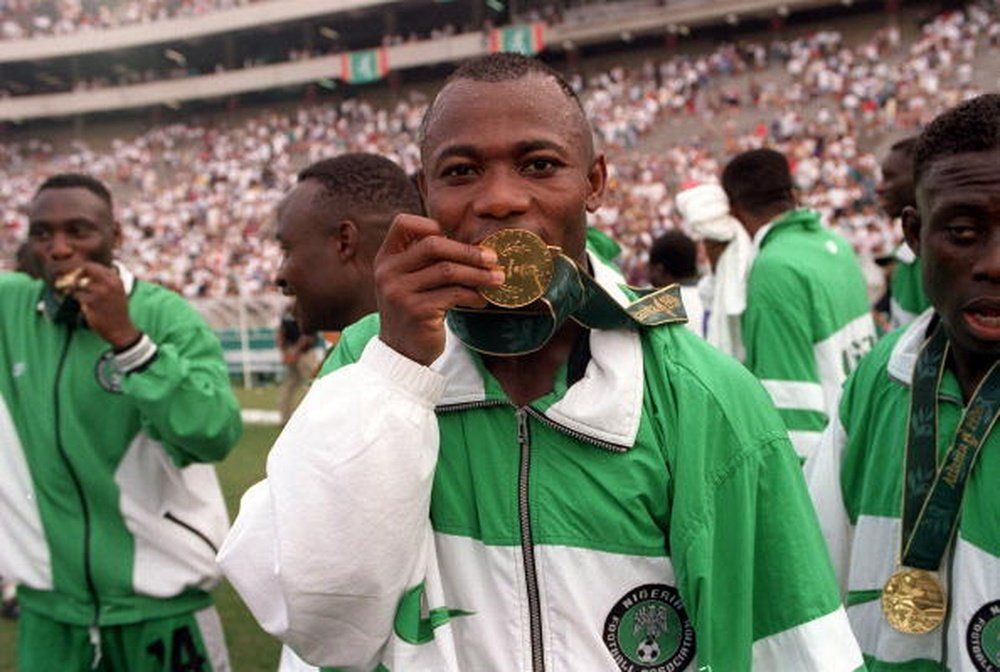
Amunike was part of that 90s generation; he knows what made the Super Eagles tick, and he is intelligent enough to fuse that culture with modern techniques to birth a national team that his compatriots would be proud of.
He is the best of the Indigenous coaches
Without meaning to demean any of Nigeria's brilliant coaches, Amunike is the most suitably positioned to handle the Super Eagles.
Sunday Oliseh is a fine coach, but his previous stint with the Super Eagles put his man-management skills into question.
Oliseh had problems with the senior players in the team, scapegoated John Obi Mikel, and drove goalkeeper Vincent Enyeama into early retirement.
Samson Siasia would have been many people's preferred option following his exploits handling the Flying Eagles and the Olympic Eagles.
However, the former Nantes star is still under a FIFA-imposed suspension.
Augustine Eguavoen's pedigree is solid, but Nigerians are yet to forget how he led the team to a disappointing outing at the 2021 AFCON.
Eguavoen was also in charge when the Super Eagles failed to qualify for the 2022 FIFA World Cup. The pain of that aggregate defeat to Ghana still hurts.
George Finidi has been brilliant with Enyimba, leading them to the league title in his second season in charge.
The former Ajax winger was also Jose Peseiro's assistant for 22 months, an experience that would have enriched his tactical and technical nous.
However, Finidi must prove his mettle with one of the nation's youth teams before he can be trusted to make the step up to the Super Eagles.
This leaves Amunike as the only indigenous coach best fit for the national team at this time.
Amunike has proven his mettle
One of the reasons many Nigerians do not fancy former internationals taking charge of the Super Eagles is the issue of corruption.
There are often unsubstantiated reports of players bribing their ways to play for the national teams and coaches snubbing others who merit call-ups.
Victor Osimhen is the biggest example that shows Amunike is above that mess.
The Napoli striker had no godfather, had no previous links with Amunike, and played for no renowned academy when he was drafted to become the Golden Eaglets main man eight years ago.
Amunike will not be easily lured into corruption or manipulation.
His previous records also reveal that he will not be the coach the NFF will kick around or belittle. He will command a lot of respect from Super Eagles players, and there will be no issue with discipline in his team.
Amunike was in the Super Eagles squad that FIFA ranked the fifth highest in the world in 1994. His return as coach could see the Nigerian national team return to those enviable heights soon.

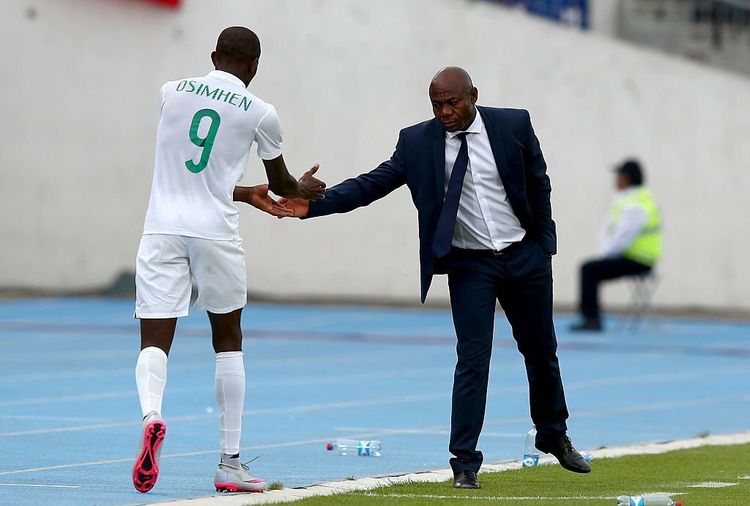
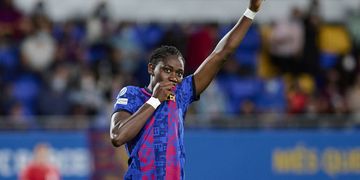
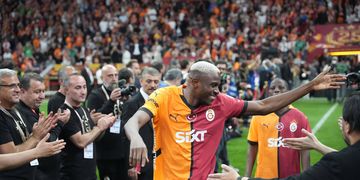
for me on personal note the ideas of having a Nigerian national coach is not call for. they need alot of systematic and business knowledge of the sports and able to use their influence in getting good player that adds values team.football is not politics.
Sunday Oliseh, and Siasia are good to go for the National team but if NFF chooses George or Amunike I will still support any of them.
Amunike is the best qnd the suitable hand for the job, he has been tried and tested . His boys are doing well and it will be easy for him to excel. let nff emplu him ASAP
please is either Jose peseiro or Emmanuel Amunike. thank you.
EZIOKWU, EMMANUEL AMUNIKE WILL BE BEST FOR THE NATIONAL COACH..
ILOKAOZOEMENA, IKPEMARAEZIOKWU